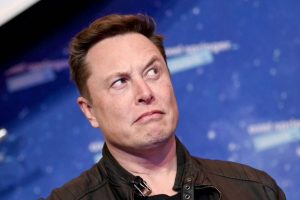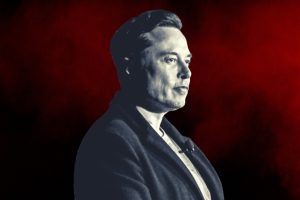After chatting with Tesla CEO Elon Musk about the breadth, depth, and size of Tesla’s Autopilot team, we slipped into another matter, “the machine that builds the machine.” I think this may be Elon’s favorite Tesla-related phrase. (Though, the one about a non-autonomous car being like a horse must be up there, too.)
It’s not just that this concept sounds cool. This is the essence of what Elon considers to be Tesla’s #1 long-term competitive advantage*. Right after he mentioned “the machine that builds the machine” in order to summarize their theoretical end goal in factory development, he said: “Tesla’s long-term competitive advantage will be manufacturing.”
This is an interesting statement for several reasons.
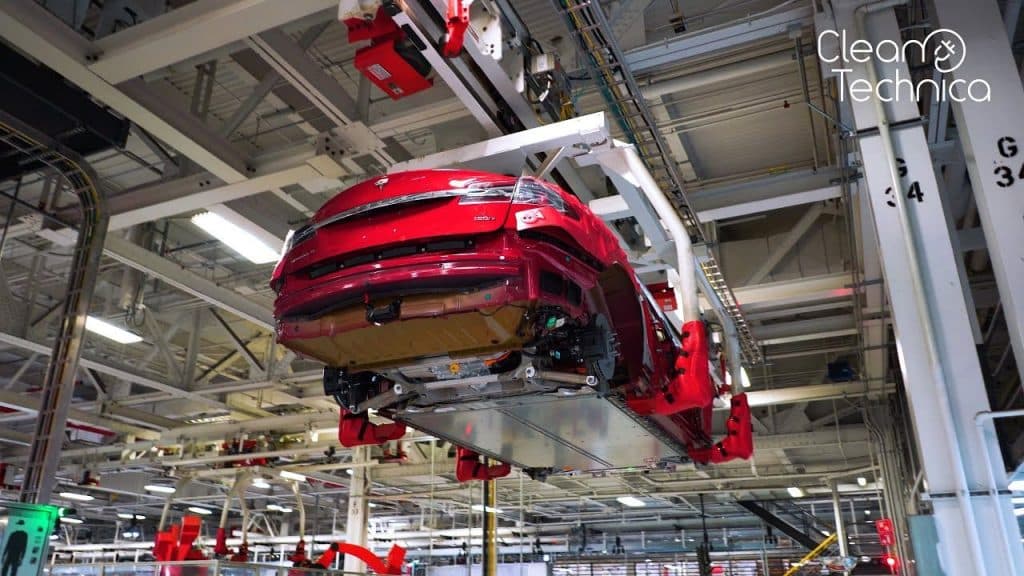
First of all, Tesla’s relative inexperience in manufacturing is something many critics focus on. For years, critics have said, “Sure, Tesla has created very cool and exciting electric cars, but it sucks at manufacturing.” Panel gaps have basically turned into a widespread “inside joke,” both because of how much critics have obsessed over them (which has been a bit ridiculous in the grand scheme of things) and because, indeed, many Tesla vehicles (especially early builds of new models) have had significant panel gaps. (Though, the phrase “panel gap” was not coined in 2012 and exists because problems with panel gaps long predated Tesla.)
There is much less industry derision regarding Tesla’s manufacturing experience than there used to be, and perhaps the consensus has even turned a corner and is acknowledging Tesla’s talent in this field thanks to progress in Shanghai, Berlin, and back in the United States, but Elon Musk’s opinion is that the world still doesn’t understand how disruptive Tesla will be when it comes to manufacturing innovation.
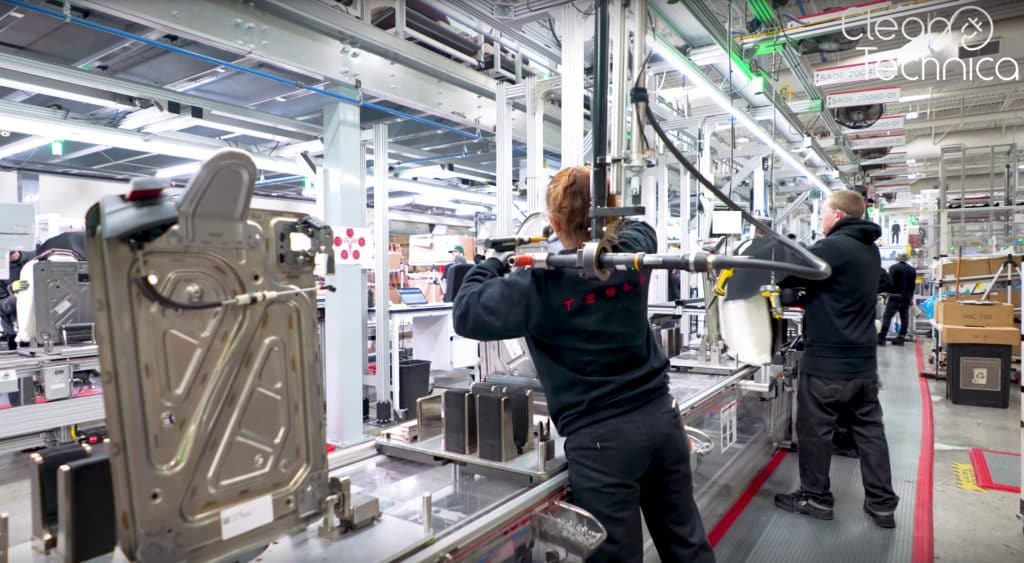
Another notable comment on Tesla manufacturing — in particular, Tesla’s manufacturing growing pains — came in a recent CleanTechnica interview Alex Voigt conducted with Peter Mertens, the former Head of R&D for Audi and former Board Member of Audi, Volkswagen, Volvo, and Jaguar Land Rover. Alex asked him about Tesla’s struggles with “production hell” and how they at Volkswagen Group thought about that at the time. Peter brushed it off and said that they knew exactly what Tesla was going through from their own experience going through such phases, that the executives at Volkswagen Group knew Tesla would get through it, and that they did not see it as a big deal. This is just part of the process, whether you call it “production hell” or call it something else.
In other words, while certain critics treated Tesla’s growing pains as if they would lead to bankruptcy, Peter Mertens claims that executives at one the largest automakers in the world just saw it all as a natural part of manufacturing evolution.
Another reason Elon’s comment that “Tesla’s long-term competitive advantage will be manufacturing” is interesting, though, is Tesla previously tried to move a bit too fast on “the machine that builds the machine,” and some of its biggest struggles through production hell stemmed from that premature dive. Because of those mistakes, many people assumed that Tesla had dropped the “the machine that builds the machine” goal and framing altogether. Tesla learned that some of the things it had tried to automate are still better done by humans, but the company is still continuously looking for opportunities to do this.
When I toured Tesla’s Fremont factory last year with a couple of other CleanTechnica contributors, Kyle Field and Chanan Bos, and we interviewed President of Automotive Jerome Guillen and other top production engineers, we learned that Elon wanted the production line engineers to find at least a couple of improvements a week to make the production process more efficient — cheaper and faster. There is no stopping when it comes to innovating on the production lines. In fact, it seems that one of Tesla’s best traits from a business perspective is its obsession with improving capital efficiency.
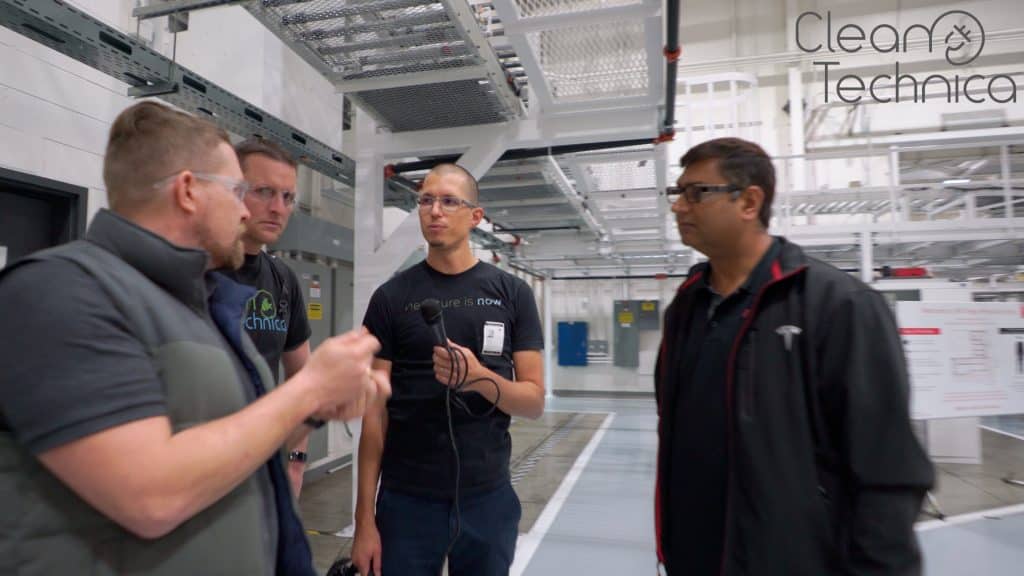
Many of those improvements come from improving software systems in the factories. And this is what gets to a third interesting point about Elon’s statement that “Tesla’s long-term competitive advantage will be manufacturing.” It’s in the software, stupid! (I’m not actually calling you stupid — this is an allusion to a famous political statement coined by James Carville in 1992.)
The short conversation Elon and I recently had about the machine that builds the machine actually originated with a line about software. We had been discussing Tesla’s Autopilot team, which I learned included a bit more than 100 hardware engineers and nearly 200 software engineers. At the end of our discussion about Tesla’s Autopilot engineers, Elon said: “The factory system already has more software than the car and will probably have an order of magnitude more long-term.”
Hmm. That came as a surprise. Admittedly, though, it was something I had never given a lot of thought to. How many software engineers does it take to run a giant car factory, or a giant battery factory? A lot. In the era of “the Internet of Things,” software must be a big deal in a giant factory, especially in factories built and operated by a Silicon Valley company. But it’s just not something that I had thought about, and when you’re in awe at that large, quick machines that are putting cars together, you don’t necessarily jump to thinking about the software that is controlling them and providing feedback to engineers throughout the process.
“People have no idea, especially in the US. It is counter-intuitive,” Elon added.
It’s true — when you think about a factory, you think about people and big machines building things in a simple, repetitive fashion. You don’t think about white collar office workers. We’ve had factories for far longer than we’ve had the Internet. One does not naturally think, “Oh, I bet there’s a ton of software making that factory run efficiently.” However, that is apparently the case.
How much is software involved in a Tesla factory versus a competing automaker’s factory? Who knows? I didn’t get any specific ratios or figures from Elon. It was just implied that Tesla’s software focus and software advantages extend far beyond the cars, and are perhaps even more important when it comes to building and running factories — the machines that build the machines.’
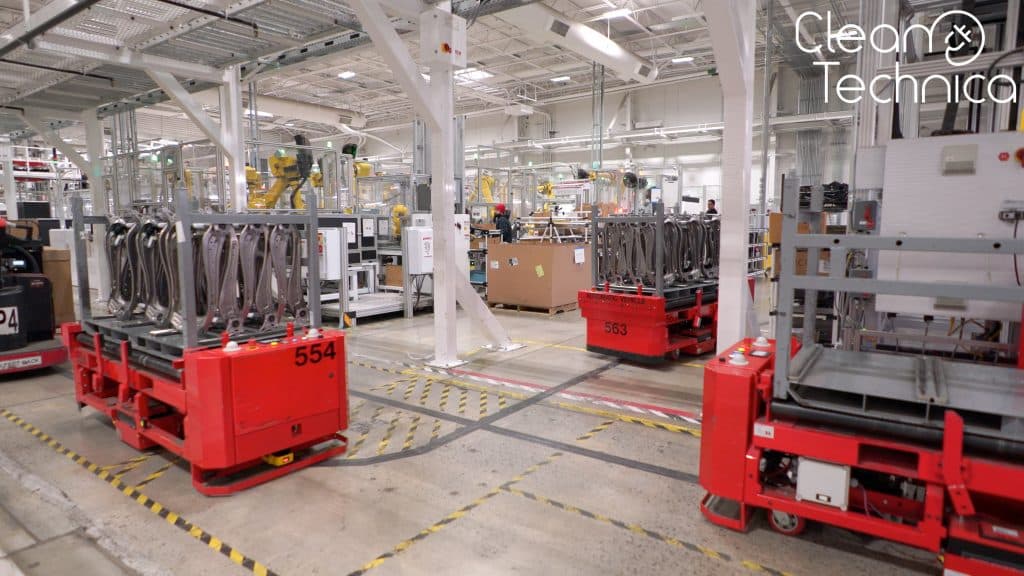
Elon has previously talked about the factory being the true product. He has used this metaphor at least a few times. One thing that statement has led people to believe is that Tesla may produce factories for other companies. In other words, aside from building its own gigafactories to build its own cars, trucks, and batteries, many have wondered if Tesla wouldn’t also become a “factory construction company” of sorts and help build gigafactories for others. (Naturally, there would be a limit to this service since the factory would have to produce non-Tesla products.) I wanted to get some closure on this theory/speculation, so I asked Musk about it. “I know you’ve talked about the factory being the ‘product’ as well. Some people have wondered if that means you’d build factories for others at some point.”
Musk responded, “I just mean that we productize the factory as a giant machine that we design ourselves and improve each version, vs just copying other car companies who have contractors & suppliers do all the work (i.e., catalog engineering).”
So, I think that definitively says: drop the idea of Tesla building factories for other companies.
Returning to one of his core philosophical foundations in engineering to try to explain what he meant by that, he added, “Use physics first principles to design the car and the factory together.”
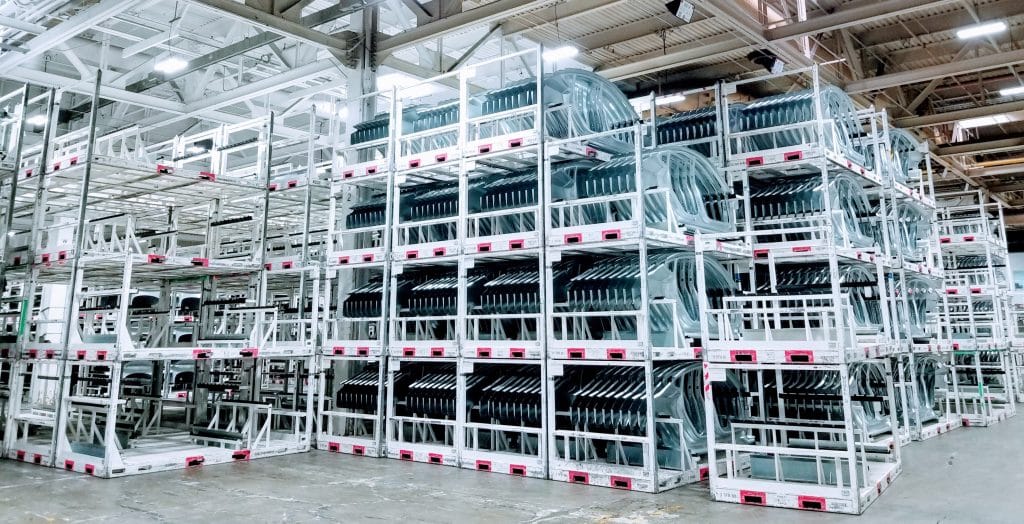
Elon’s deep practical background is in engineering. He relayed that it extends back into his childhood, and not in a small way. This is a historical and personal matter that we’ll perhaps get to another time, but the key point for today is that Elon primarily works on Tesla’s engineering problems. He is strongly averse to marketing. (Though, he is admittedly a phenomenal natural marketer.) He is clearly savvy when it comes to finances, but he is much more interested in helping to find engineering solutions than spending his time on elaborate financial wizardry. (Another Zach is now responsible for that.)
“Yeah, vast majority of what I do everyday is hardcore engineering across many disciplines. I’m chief engineer at both SpaceX and Tesla. That would be a more accurate title than CEO.”
So, forthwith, we shall refer to Elon Musk as Tesla Chief Engineer and CEO. And, whether discussing Tesla’s 100+ Autopilot hardware engineers, ~200 Autopilot software engineers, 500–1000 Autopilot labelers, Tesla’s battery engineers, Tesla’s solar roof engineers, or the software innovators who work every day to improve the machine that makes the machines, it might be worth considering that Elon can get into the weeds with all of them and mostly spends his time trying to clear up engineering bottlenecks or riddles in these different fields.
That might help to explain why so many top engineering students want to go work for Tesla and SpaceX. It is bound to be more fun working for an enthusiastic engineer than working for a big corporation where “The Man” is going to step on their neckties and not respect or understand their engineering mindset and workflow.
*There are actually various things you could consider Tesla’s top competitive advantage, and Elon Musk has used superlatives regarding different aspects of the business. For example, in response to a 2019 CleanTechnica article, he responded on Twitter, “Pace of innovation is all that matters.”
That innovation is in Tesla’s factories, in its cars and batteries, in the software you find throughout the company’s factories and products, and in the way Tesla approaches problems of all sorts.
Today, though, the story is about the idea that “Tesla’s long-term competitive advantage will be manufacturing.”
Original Publication by Zachary Shahan at CleanTechnica.
Want to buy a Tesla Model 3, Model Y, Model S, or Model X? Feel free to use my referral code to get some free Supercharging miles with your purchase: http://ts.la/guanyu3423
You can also get a $100 discount on Tesla Solar with that code. No pressure.


